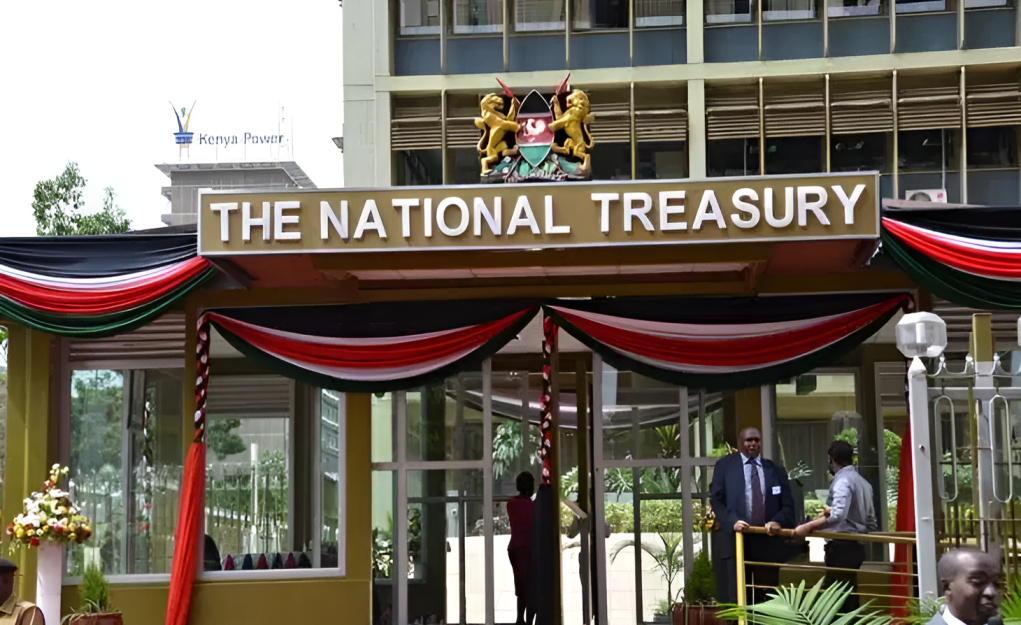Kenya’s failure to enact the Conflict of Interest Bill, 2023 has triggered a delay in the release of a Sh96.9 billion loan from the World Bank, prompting the Treasury to prepare a third supplementary budget to close a looming financial shortfall before the end of June.
The funds were expected this month but will now only be available from July at the earliest, according to Treasury Cabinet Secretary John Mbadi.
He linked the delay directly to the stalled Bill, which was a key condition set by the World Bank. President William Ruto declined to sign the Bill into law, saying 12 clauses were weakened during parliamentary debate.
“The WB funding seems to be going to July because some of the legislations (Conflict of Interest Bill) that was precedent to the release of these funds were delayed,” Mbadi said.
“The Conflict of Interest Bill was a key Bill for the WB to give us the funding and when it was unlocked, there was no time to take it to the WB board for approval. We are going to June 30 with a Sh97 billion hole that, as the CS, I did not prepare for.”
The Bill sought to strengthen rules around public officials accepting gifts and required all state offices to keep a register of such gifts.
It also defined situations that would be considered conflicts of interest. These were among the clauses President Ruto flagged for weakening.
The delay has worsened an already tight financial situation.
Treasury records show several departments have exhausted their budget lines, with the State Department of Social Protection and Senior Citizens overspending by Sh2.4 billion on its Sh35.7 billion allocation.
State House had already used up 98% of its Sh7.96 billion budget by April, leading to the third round of supplementary budgeting.
Kenya is heavily reliant on loans from multilateral lenders as it struggles with rising debt repayments, particularly to China, and low domestic revenue.
The World Bank is now the main source of external budget support after the IMF prematurely ended its own program.
Documents for the 2025/26 financial year show Kenya plans to receive Sh682 billion from the World Bank through equal yearly tranches, with the first Sh170.5 billion expected from July 2025.
The country will depend on this support at least until the end of the 2028/29 financial year.
